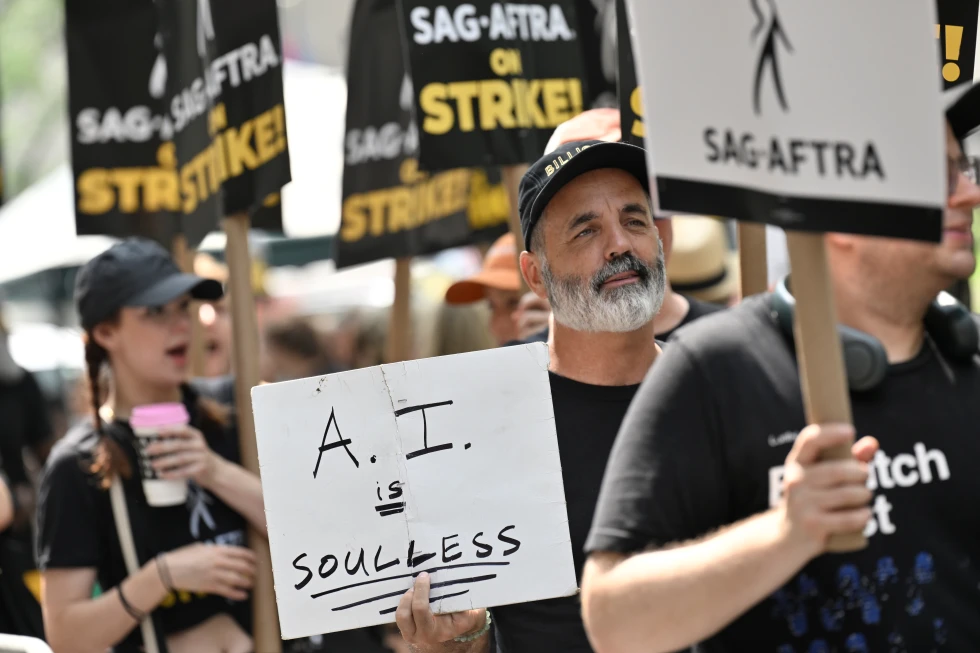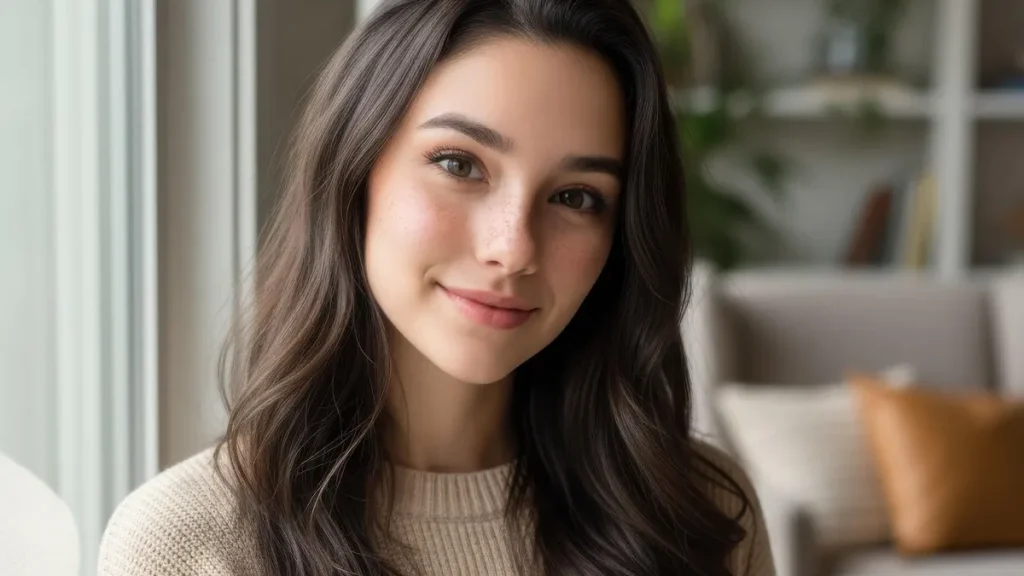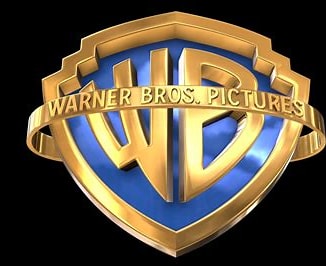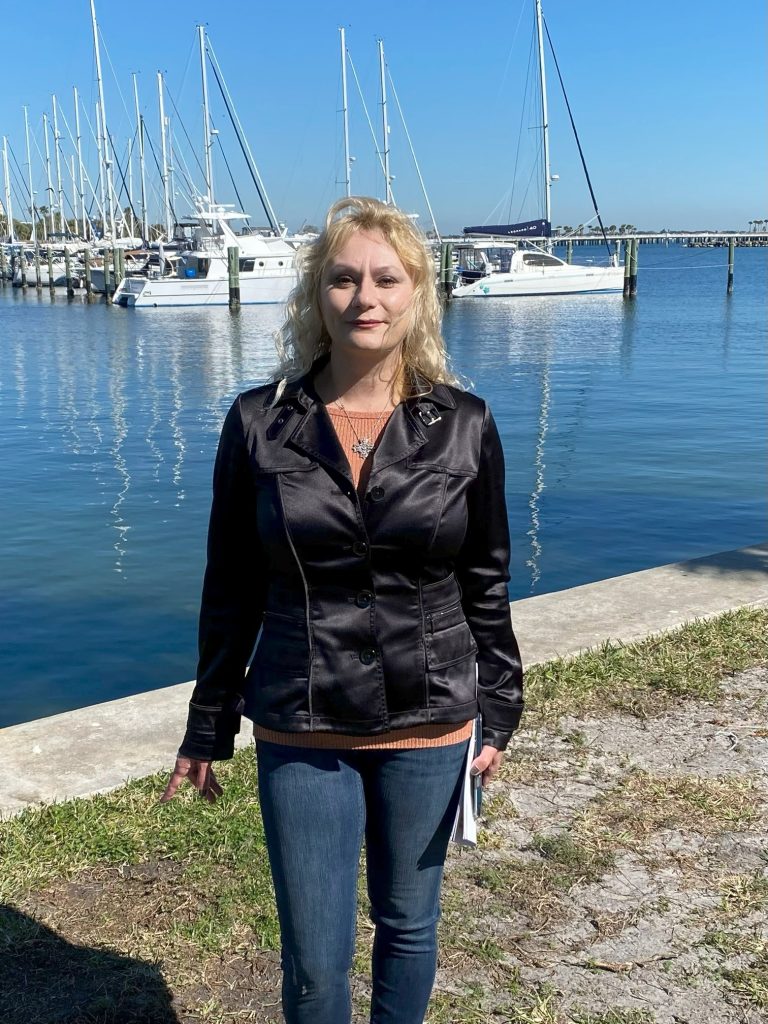
(Photo Courtesy of AP News)
Artificial Intelligence (AI) in the Hollywood film industry is moving rapidly. It is controversial to say the least. From script-to-screen tools to the highly controversial debut of “synthetic actors”—is more than a tech trend; it’s a tectonic shift. It is reshaping U.S. and global filmmaking. As AI promises to make production faster and cheaper, it ignites major ethical debates and creative revolutions.
But the central question remains: Will AI entirely replace human actors and creators, or is it simply a powerful new tool?
The consensus among industry experts is clear: AI is not an end to human creativity, but an evolution of it.

AI Computer Generated Actress Tilly Norwood Which Has Hollywood in a Tizzy
The AI Transformation: Faster, Cheaper, and Empowering
AI’s most immediate and widespread impact is on workflow efficiency and cost reduction. This is dramatically changing the landscape for both indie filmmakers and major studios:
* Empowering Indie Filmmakers: AI tools is currently being used for script analysis (like finding market potential), pre-visualization (generating storyboards or animatics instantly), automated editing, and high-quality VFX are democratizing filmmaking. Creators with smaller budgets can now achieve professional-grade visuals and streamlined post-production previously exclusive to large studios.
* Rewriting Studio Workflows: Major studios are integrating AI for tedious, time-consuming tasks. This includes rotoscoping (frame-by-frame tracing), location scouting analysis, advanced color correction, and sound design. This frees up human artists to focus on complex, creative problem-solving rather than repetitive labor.
* The “AI Filmmaker”: A new role is emerging where a creative, still deeply rooted in the fundamentals of storytelling and craft, leverages AI tools (like Midjourney, Runway, or specialized script generators). It is rapidly iterating ideas and producing content.

Emily Blunt Calls The AI Experiment In Motion Pictures Terrifying
The Replacement Debate: Actors and Writers
The fear of job displacement is real, particularly for roles involving rote or highly technical, repeatable tasks. However, the outlook for core creative roles is more nuanced:
Will AI Replace Actors? (Unlikely in the near term, but the threat is real)
The recent emergence of hyper-realistic, AI-generated “actors,” such as the highly publicized “Tilly Norwood,” has intensified this debate. While the technology is advancing rapidly, most experts and audiences agree on a few key points:
* The Soul Factor: AI can mimic a look or voice, but it struggles to replicate the nuance, emotional depth, and lived experience that defines a truly compelling human performance. Audiences connect to authenticity, improvisation, and the unique spark of human-to-human empathy.
* Intellectual Property and Consent: The creation of synthetic actors often relies on training data scraped from the performances of real people. That raises massive legal and ethical flags around likeness, consent, and compensation. Organizations like SAG-AFTRA (the actors’ union) are strongly opposed to the replacement of human performers, prioritizing human-centered creativity.
* New Opportunities: Actors may find new revenue streams by licensing their digital likeness under clear contractual terms for specific, limited purposes (e.g., de-aging, stunt doubles, or a quick digital touch-up).
Will AI Replace Writers and Producers? (Not a total replacement, but a creative partner)
AI can generate formulaic scripts, brainstorm alternate plots, and analyze market trends. But it currently lacks the cultural insight, moral complexity, and original vision of a human writer or producer.
* AI as an Assistant: AI is proving invaluable for rapid prototyping, generating vast amounts of content ideas, and quickly adjusting dialogue. This speeds up the creative process significantly.
* Human-AI Collaboration: The future likely involves human creators using AI to handle the mechanical aspects of writing and production, allowing them to dedicate more energy to the unique, original, and emotionally resonant elements of storytelling.
Ethical Firestorm and the Need for a New Paradigm
The rapid adoption of AI has thrown the film industry into a necessary ethical reckoning:
* Deepfakes and Authenticity: The ease of creating realistic “deepfakes” threatens the integrity of content, raising concerns about misinformation, consent, and the overall authenticity of cinema.
* Intellectual Property and Data: Determining who owns the copyright for AI-generated content—the programmer, the user, or the AI itself—is an ongoing legal challenge.
* The Devaluation of Artistry: Over-reliance on AI’s ability to create “marketable tropes” could lead to a homogenization of film, stripping it of originality and the human flaws that make art compelling.
The Future of the Movie Industry: A Collaborative Renaissance
The trajectory for the U.S. and global film industry points toward a future where AI is not a conqueror, but a powerful new paintbrush.
AI will undeniably reshape the landscape, making production more accessible and efficient. However, the enduring value in filmmaking remains the human connection—the raw emotionality of a live performance, the singular vision of a director, and the cultural insights of a human story.

The most successful studios and creators will be those who navigate the ethical terrain responsibly. While embracing AI as a tool to amplify human creativity rather than a means to replace it. The movie industry is not facing an extinction event, but an unprecedented collaborative renaissance—one where the stories, at their heart, must still be told by us, for us.
MUST READS
Netflix Top Ten features a romance as a theme
Wayward is a big hit on Netflix

Viorica Bruni Editor Athletica Sports Web Publication
Content Creator Collective Audience Media




